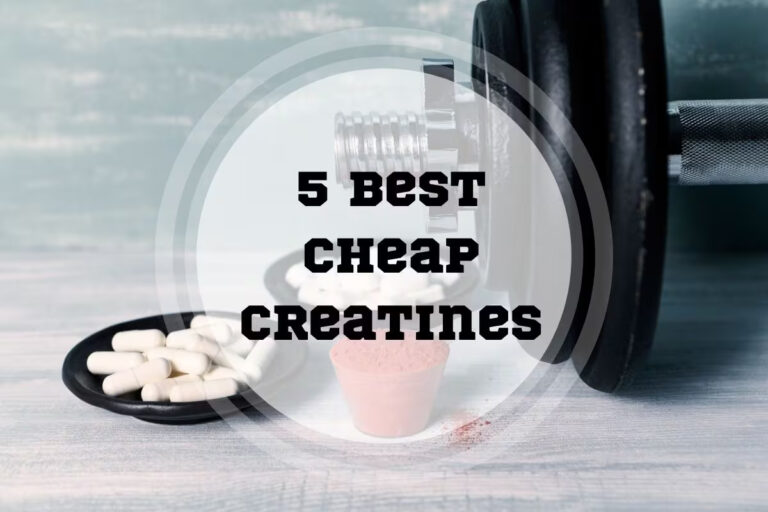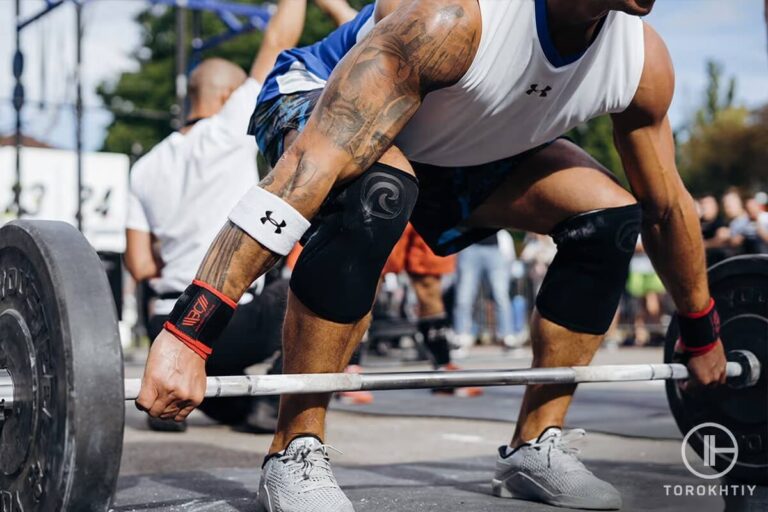8 Best Weightlifting Belts for Functional Fitness in 2026
Reviewed by: Sergii Putsov (Head of Sport Science, 20 years of Oly Lifting experience, PhD Sport Science)
Weight belts for functional fitness are a real hot potato in the lifting world now. Some athletes look down on those reaching out for belts, and others can’t imagine a heavy lift without a nylon or leather friend resting on their waist.
Nevertheless, I’ve picked the best weightlifting belt for functional fitness and want to share my experience with you. Read about the main features and my impression of the most popular products on the market here. Yet, the final decision about using this accessory is up to you. Just keep in mind that the middle ground is usually the best idea!
In a hurry?
In a hurry and can’t keep reading? How about you check out the WBCM Quick Locking Belt.
Designed by a winner of the World and European weightlifting Championships Oleksii Torokhtiy, this gear is already widely used by powerlifters, bodybuilders, weightlifters, and Olympic lifters, yet is irreplaceable equipment for functional fitness athletes.
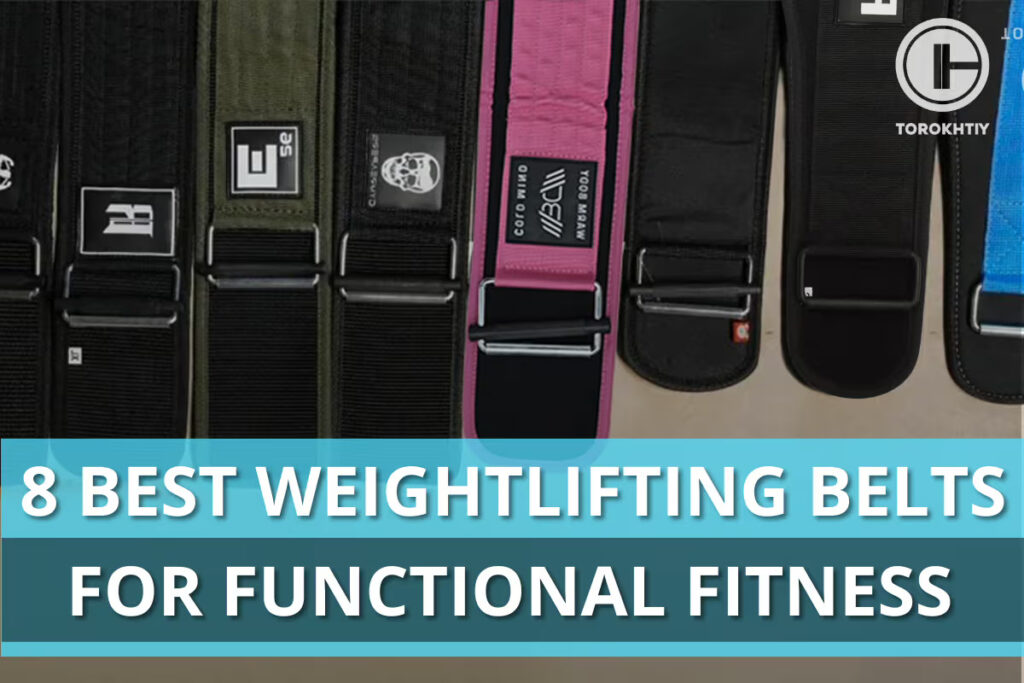
Top 8 Weightlifting Belts for Functional Fitness Reviewed
- WARM BODY COLD MIND Quick Locking Belt – Best Fitness Belt
- Rogue 5-inch Nylon Belt – Runner-Up
- Iron Bull Weight Lifting Belt
- Element 26 Self-Locking Weight Lifting Belt
- Gymreapers Quick Locking Weightlifting Belt
- 2POOD Straight Weightlifting Belt
- RIMSports Quick Locking Weight Lifting Belt
- Astra Fitness Weight Lifting Belt
In order to choose the real winner, I evaluated the main features of nylon belts: package, design, smell, material and stitching quality, reliability of elements, support, and price-quality ratio. You can find out how good all products are at coping with these goals in the table below.
| Product | Total | Package | Design | Smell | Material and Stitching | Reliability | Support | Price/ Quality |
|---|---|---|---|---|---|---|---|---|
| WBCM | 69.5 | 10 | 10 | 9.5 | 10 | 10 | 10 | 10 |
| Rogue | 69 | 10 | 10 | 10 | 10 | 9 | 10 | 10 |
| Iron Bull | 68.5 | 9 | 10 | 9.5 | 10 | 10 | 10 | 10 |
| Element 26 | 67 | 10 | 9.5 | 9.5 | 9.5 | 9.5 | 9.5 | 9.5 |
| Gymreapers | 67 | 10 | 9.5 | 9.5 | 9.5 | 9.5 | 9.5 | 9.5 |
| 2POOD | 66 | 9 | 9.5 | 9.5 | 9.5 | 9.5 | 9.5 | 9.5 |
| RIMSports | 65 | 10 | 9 | 9 | 9.5 | 9 | 9 | 9.5 |
| Astra Fitness | 64 | 9.5 | 9 | 9 | 9 | 9.5 | 9 | 9 |
Now, let’s go through all the details.
1. WARM BODY COLD MIND Quick Locking Belt – Best Fitness Weightlifting Belt
- Closure type: buckle, hook and loop
- Available sizes: S, M, L, XL, XXL
- Waist size range: 27” – >40”
- Width: 4”
- Material: nylon, neoprene
WARM BODY COLD MIND Quick Locking Belt becomes a top-performing functional fitness belt due to its exemplary price-quality ratio. Designed by a winner of the World and European weightlifting Championships Oleksii Torokhtiy, this gear is already widely used by powerlifters, bodybuilders, weightlifters, and Olympic lifters, yet is irreplaceable equipment for functional fitness athletes.
A weightlifting belt increases intra-abdominal pressure by stabilizing your spine and activating spinal erector muscles. With considerable mid and low back support, the belt can be used for performing such exercises as squat, deadlift, snatch, clean and jerk, overhead press, and other exercises, where you need to keep your lower back tight.
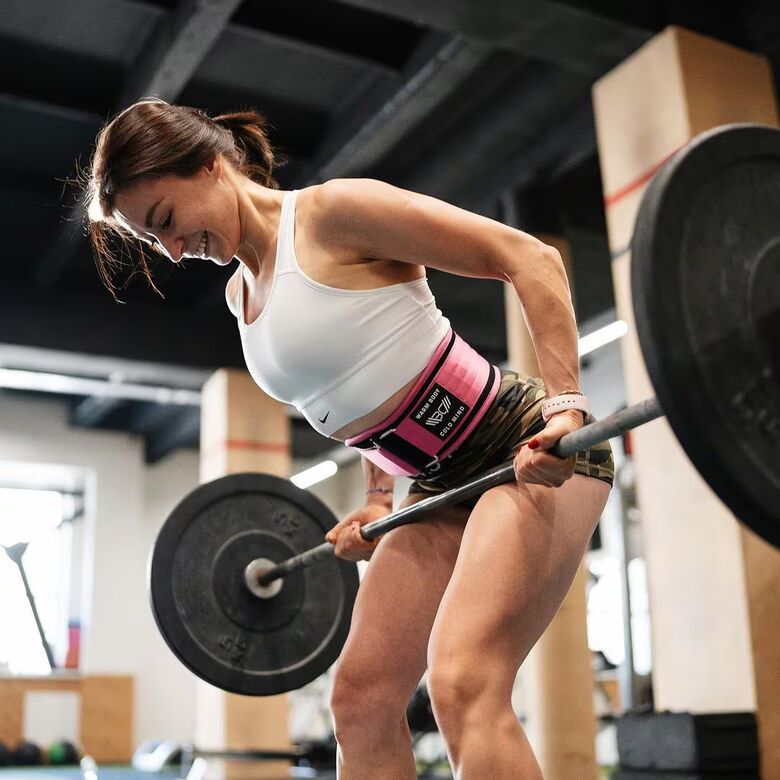
The gear comes with a self-locking system: it’s equipped with a metal buckle combined with durable nylon material that altogether brings a secure snug fit during intensive and tough drills at a time. Be sure your belt won’t slip while performing even the most explosive movements when lifting weights, or become loose over time. Also, you’ll get a reliable velcro closure that brings you an extra strong fix around the waist.
Speaking about the material and design, this belt really stands out from the rest: its fancy design and color range will hook both male and female athletes. Breathable and lightweight neoprene mesh lining and inside cushioning make the belt feel comfortable on the waist by preventing chafing.
Moreover, the WBCM belt comes with pretty packaging, so you can consider this gear as a decent gift for your gym fellows.
This belt really stands out from the rest: its fancy design and color range will hook both male and female athletes. Breathable and lightweight neoprene mesh lining and inside cushioning make the belt feel comfortable on the waist by preventing chafing.
Positives:
Could be better:
2. Rogue 5’’ Nylon Weightlifting Belt – Runner-up
- Closure type: Steel tensioning buckle, hook, and loop
- Available sizes: XS, S, M, L, XL, 2XL
- Waist size range: 26” - 46”
- Width: 5”
- Material: Nylon
The Runner-up spot is reserved for the ROGUE 5-inch Nylon weightlifting belt. It is a top-tier choice that, regardless of its premium brand heritage, offers excellent value for money.
This belt offers excellent support both in your mid and your lower back, making it a superb choice for exercises such as squats, deadlifts, overhead presses, clean and jerk, or any other movement where you’re putting strain on your lower back.
The steel tensioning buckle and a hook-and-loop closure system provide a snug fit even when lifting heavy. It won’t loosen or slip, but will instead stay the way it has been initially adjusted.
Even though the material is synthetic (nylon), it is still very durable, breathable, and will prevent chafing, making it a great choice for prolonged use.
Because of the 5’’ width and with a wide palette of sizes from 26’’ – 46’’, you’ll have sufficient support and stability during lifts, while having a snug fit without having to compromise on comfort.
This weightlifting belt is suitable for both beginners and pros alike.
This belt offers excellent support both in your mid and your lower back, making it a superb choice for exercises such as squats, deadlifts, overhead presses, clean and jerk, or any other movement where you’re putting strain on your lower back.
Positives:
Could be better:
3. Iron Bull Weight Lifting Belt
- Closure type: buckle, hook and loop
- Available sizes: XS, S, M, L
- Waist size range: 23”-46”
- Width: 5”
- Material: Nylon
Iron Bull offers a worthy product for a really reasonable price. Whether you are an advanced functional fitness athlet or just a newbie, this belt isn’t likely to let you down anyway.
I found its design the most interesting in terms of structure and stitching. It is really catchy and looks professional as well.
It is stated to be a woman belt first of all so you can find the proper size even for the tiniest athlete. Therefore, it can definitely be the best women's weightlifting belt for functional fitness, too.
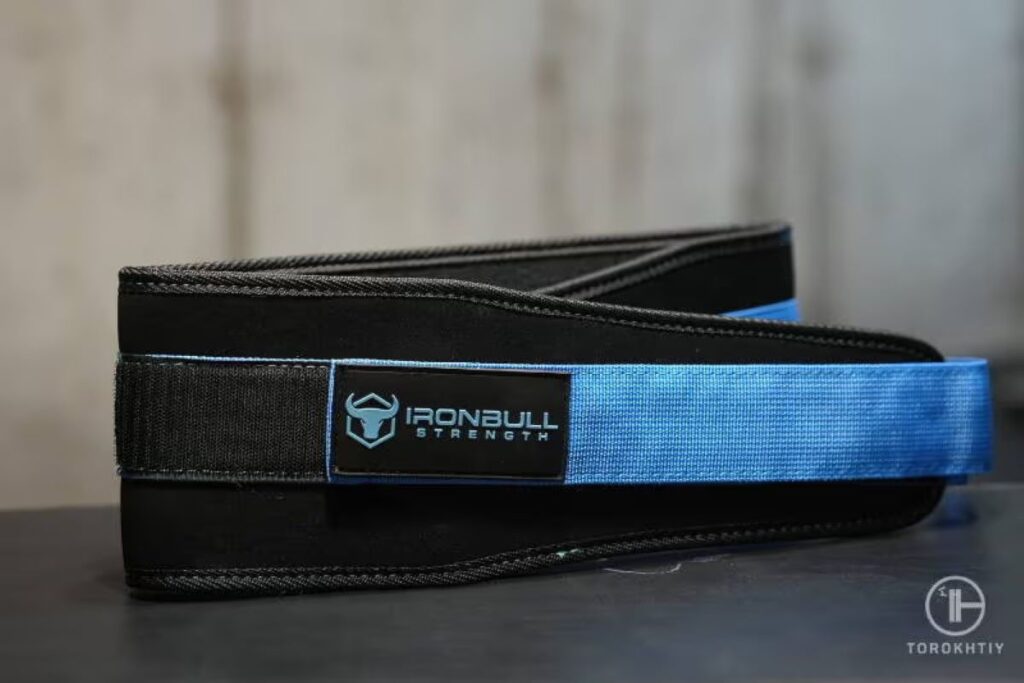
It also gives wonderful support. An interesting feature is that the width varies at the back and at the front in order to make the accessory even more comfortable. But remember that Olympic weightlifting doesn’t allow you to use a 5” belt for competitions. Still, if you need a belt only for your training, it might be a great option.
As for the drawbacks, the package is rather plain. Basically, it doesn’t influence this belt’s quality but it can be a disadvantage if you want to buy a present for your close fellow.
All in all, Iron Bull is a 100% option if you want to make a reasonable investment and get a decent product.
It also gives wonderful support. An interesting feature is that the width varies at the back and at the front in order to make the accessory even more comfortable.
Positives:
Could be better:
4. Element 26 Self-Locking Weight Lifting Belt
- Closure type: buckle, hook and loop
- Available sizes: XS, S, M, L, XL, XXL
- Waist size range: 23”-50”
- Width: 4”
- Material: Nylon
Element 26 lifting belt is almost identical to the Gymreapers product. The only difference is the price – to me, Element 26 is too costly.
In terms of material and stitching, it is a high-quality accessory. Still, if you need a first-class product in terms of support, it might not be the best option. It is fairly enough for intermediate training, though.
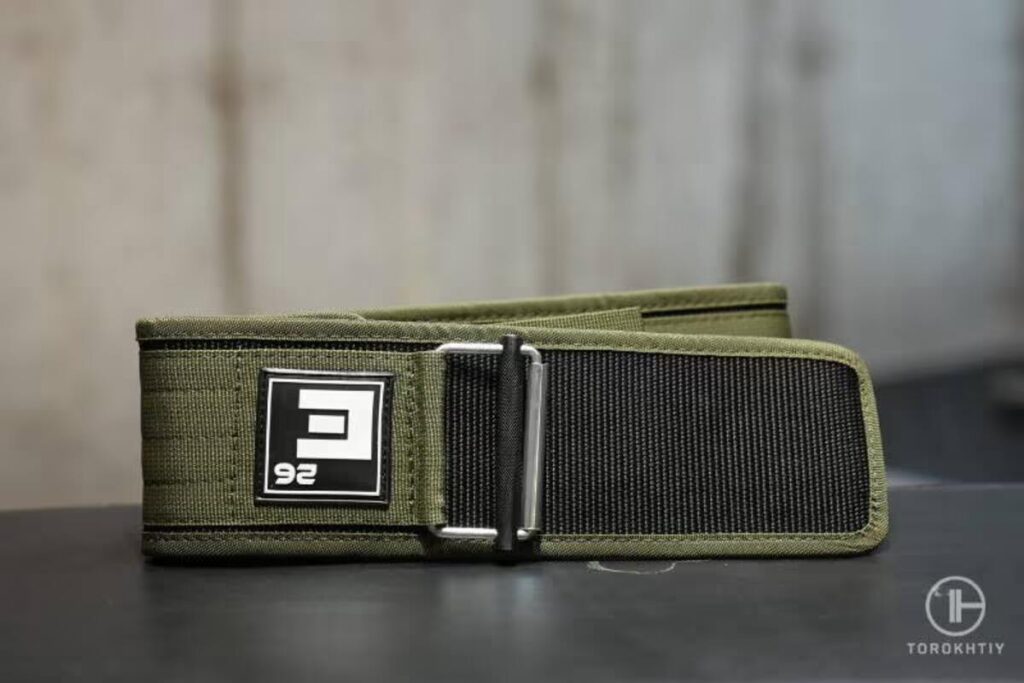
If you want a catchy belt to stand out at the gym, Element 26 might have an option for you. The color range is really wide, you are very likely to find your favorite one there. Also, if you are looking for a present, you can get both a fancy package and desirable color to impress your friend.
All in all, Element 26 is a good option for intermediate athletes or those who like to wear bright and noticeable accessories.
In terms of material and stitching, it is a high-quality accessory. Still, if you need a first-class product in terms of support, it might not be the best option. It is fairly enough for intermediate training, though.
Positives:
Could be better:
5. Gymreapers Quick Locking Weightlifting Belt
- Closure type: buckle, hook and loop
- Available sizes: XS, S, M, L, XL, XXL
- Waist size range: 23”-49”
- Width: 4”
- Material: Neoprene
Gymreapers get the same score as Element 26, but the price had the last word on the final decision. The belts are almost identical but Gymreapers is far more affordable.
It works well for moderate workouts if you need a little bit more stability and control in your back area. However, it might not make a big difference if you seek the highest strength boost.
Yet, Gymreapers really took care of their package – it will be a decent present.
All in all, this belt is a simpler product than the Iron Bull offers, but, nevertheless, it works well for regular functional fitness training.
It works well for moderate workouts if you need a little bit more stability and control in your back area. However, it might not make a big difference if you seek the highest strength boost.
Positives:
Could be better:
6. 2POOD Straight Weightlifting Belt
- Closure type: buckle, hook and loop
- Available sizes: XXS, XS, S, M, L, XL
- Waist size range: 27.5”-46.5”
- Width: 4”
- Material: Nylon
2POOD weightlifting belt is a little bit contrasting. On the one hand, it gives the highest support, has a reliable velcro, and might be a great option even for professional sports. On the other hand, the overall impression is definitely spoiled by a plastic fixator which is a cheap and less durable option compared to metal elements.
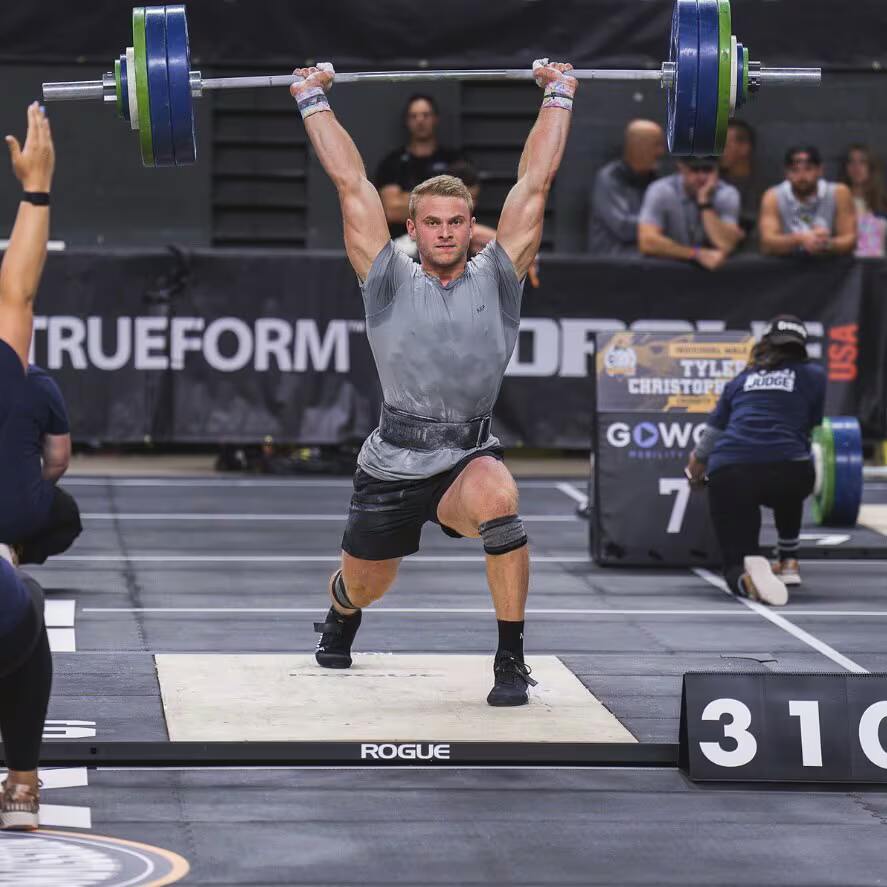
Still, this belt is really costly and doesn’t really correspond to what you get. However, I’m sure that if 2POOD changes a fixator and turns down the price, it will be a decent competitor even for our winner.
All in all, if you are ready to fork out a significant sum and be really careful while wearing a belt for the sake of the strongest support, try out the 2POOD weightlifting belt.
A good choice if you are ready to fork out a significant sum and be really careful while wearing a belt for the sake of the strongest support.
Positives:
Could be better:
7. RIMSports Quick Locking Weight Lifting Belt
- Closure type: buckle, hook and loop
- Available sizes: XS, S, M, L, XL
- Waist size range: 23”-45”
- Width: 4”
- Material: Nylon
RIMSports is not the best option for advanced athletes. It is frankly poor in terms of support. Of course, it gives you some pressure in the belly but it is not enough to fix and support your back well for heavy lifts. It might be a good option for pain relief if it is your main goal, though.
The quality of the material and stitching is quite good – I didn’t find any thread or failed seams. However, the quality of the elements turned out to be disappointing. For me, a plastic buckle fixator is a huge drawback.
All in all, if you are a functional fitness newbie seeking a light belt for a ‘safe’ price, you can try out this option for the start.
The quality of the material and stitching is quite good – I didn’t find any thread or failed seams. However, the quality of the elements turned out to be disappointing. For me, a plastic buckle fixator is a huge drawback.
Positives:
Could be better:
8. Astra Fitness Weight Lifting Belt
- Closure type: buckle, hook and look
- Available sizes: XS, S, M, L, XL
- Waist size range: 27”-45”
- Width: 4”
- Material: Nylon
Astra Fitness weightlifting belt is a starter option, more suitable for light training, too. It won’t give you strong support but might provide slight pressure in case you want to try out something new in your workout routine.
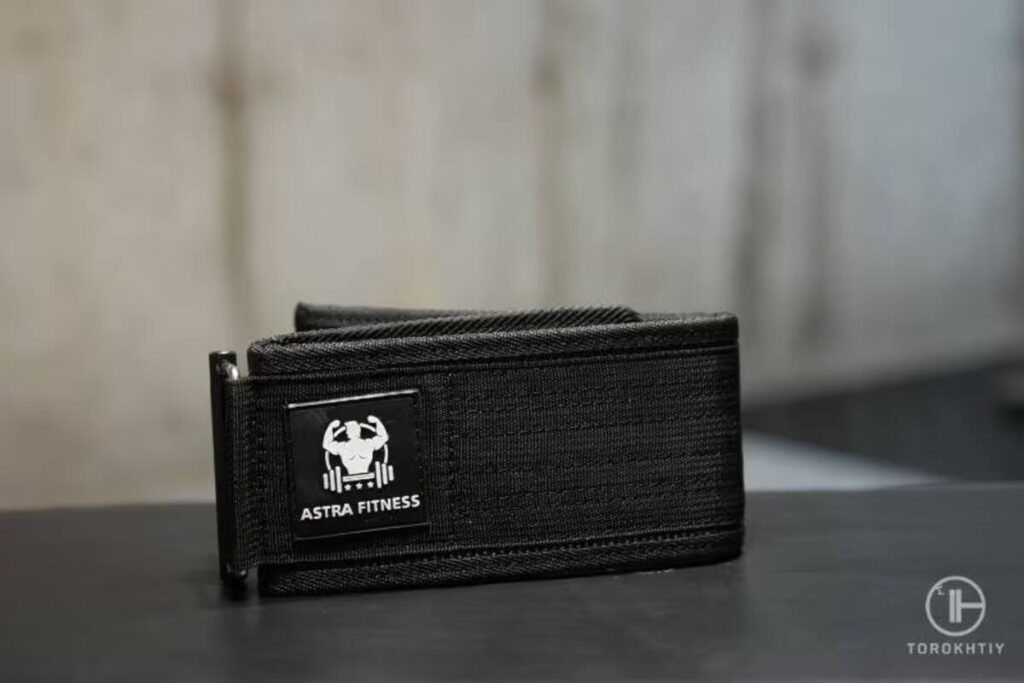
The material and stitching are not first-class as well. If you are attentive to details and tidiness, sticking threads may bother you quite a bit. However, a buckle and a velcro are rather reliable.
Another drawback is the size range. If you have a thin waist, skip this option because this belt starts from 27”. The same works for massive athletes – the range finishes at 45”.
The material and stitching are not first-class as well. If you are attentive to details and tidiness, sticking threads may bother you quite a bit. However, a buckle and a velcro are rather reliable.
Positives:
Could be better:
How Have I Chosen the Best Weightlifting Belt for Functional Fitness?
In order to show you the most details, I used the following criteria. Read the explanation of them to find out how I picked the best functional fitness belt.
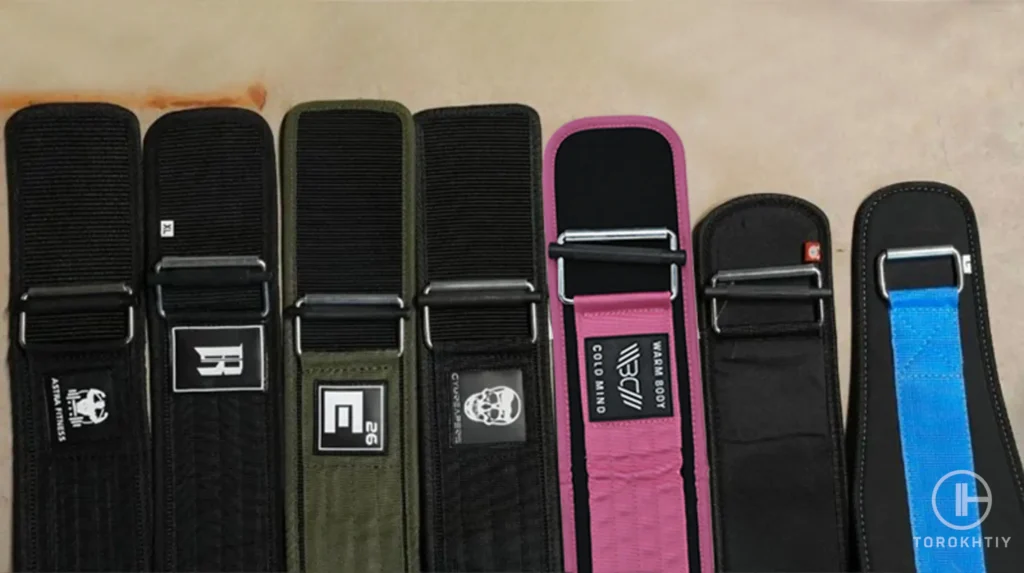
1. Package
WBCM, Gymreapers, Element 26, and RIMSports have nearly the same packages. They are all great so all brands get the highest score – 10.
As for the failures, Iron Bull and 2POOD have just a plain wrap. Of course, it’s not the most important feature, though you may need an additional package in case you are looking for a present.
2. Design
Sure, our top-pick choice that is the WBCM belt has a sporty-chic design with four color options, and it stands out among others. Iron Bull also has an interesting design. For me, it looks elaborate and professional and can satisfy even an advanced functional fitness athlet.
Gymreapers and Element 26 are very similar to each other as well as RIMSports and Astra Fitness. It looks as if they were all made together but then wrapped in different packages. But I was picky and gave 9 to the latter two because their quality falls behind a little bit.
However, always check the competition rules. For example, a 5” belt (Iron Bull, etc.) isn’t allowed in Oly weightlifting, so you can use it only for training.
3. Smell
Astra Fitness has the strongest smell, perhaps, because of a thick package with no silica gel inside. Other brands have either a breathable package or silica gel so the smell is not that off-putting. And 2POOD is the winner in this category – almost no smell at all.
4. Material And Stitching
WBCM and Iron Bull are undeniable leaders in terms of material and stitching. Both belts are literally perfect, look tidy, neat, and will definitely serve you for ages. Unfortunately, Astra Fitness has to work more on stitching – I found some threads sticking and seam flaws in different parts. Other brands are well-stitched, too, especially 2POOD, but it still falls behind a little bit compared to Iron Bull.
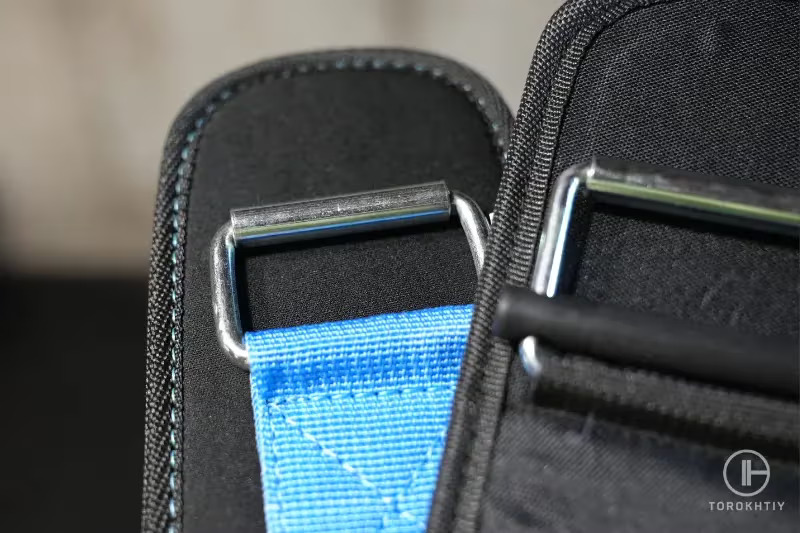
5. Reliability
To decide on the reliability score, I evaluated the buckle and hook and loop. As for the buckles, all brands have them metal, however, RIMSporst and 2POOD have plastic fixators. Obviously, they are more fragile and less durable than metal ones. I’m sure it’s a big downside because one careless move can spoil the whole belt.
As for the hook and loop, all brands don’t differ much and are all okay. I haven’t noticed anything special – just average hook and loops. Still, 2POOD looks a little bit more reliable which compensates for the poor buckle, and it gets 9.5. Iron Bull is in the lead again with a great balance in terms of all elements.
6. Support
WBCM, Iron Bull, and 2POOD provide the highest support – they are thick and firm. At the same time, Astra Fitness and RIMSports significantly fall behind. They are suitable rather for tightening up your belly just the way a regular pant belt can do. Element 26 and Gymreapers are a little bit better at dealing with support but still more effective for basic training, not advanced.
7. Price-Quality
At this stage, Iron Bull becomes a total winner, while a WBCM belt goes second in the price rate. For a reasonable price, you get a first-class product that meets all your expectations. On the other hand, 2POOD is really costly and offers a cheap plastic buckle fixator, so it gets only 9 points. If it changes the buckle in the future, it will definitely make a competition for Iron Bull.
Astra Fitness gets 9 as well because of the high price and poorer quality. You can buy Iron Bull for the same money but with first-class quality. Gymreapers, Element 26, and RIMSports get 9.5 for having an average price-quality ratio.
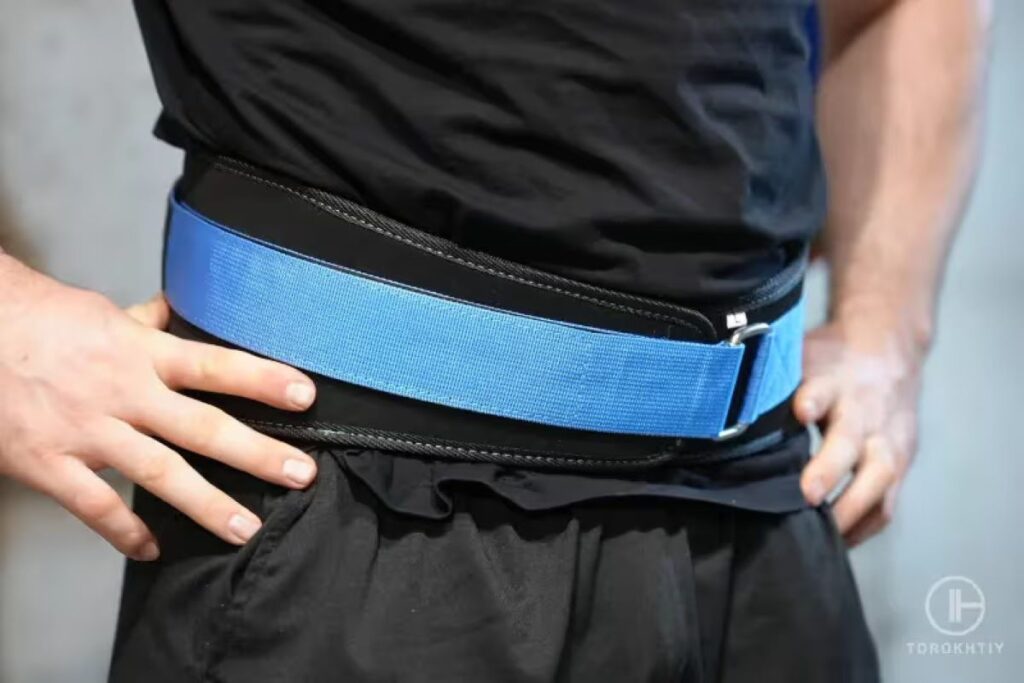
Should You Wear Lifting Belt for Functional Fitness?
Wearing a lifting belt is nearly the most talking point nowadays. I will be frank with you – there are both upsides and downsides.
I’m going to outline the main benefits you get in case of entering a club of belt-lovers in order to make the decision less painful for you. Weigh everything up if you are still in two minds.
1. Heavy Weights
Whether it is a psychological issue or a real strength boost, but you can actually lift a few pounds more while wearing a weightlifting belt. It works in practice – almost all athletes get more confidence after bracing their trunk at least a bit. For someone, it’s just a matter of habit that sets them up for hitting heavy weights, but you can definitely trick your body for breaking through a plateau in this way.
Most professional athletes use lifting belts for the hardest sets in powerlifting, weightlifting, functional fitness, strongman, etc. I can definitely tell you that this accessory is not their secret, but still, feeling secure and tight may fuel up their courage a bit.
On top of that, specialists state that wearing a lifting belt enhances intra-abdominal pressure, which is proven to increase your ability to handle a heavy bar. Frankly, this thought may be quite uplifting while a huge bar is pressing you against the floor.
However, I recommend using a belt only for the heaviest sets. In this way, you strengthen your muscles and don’t let them any cheating within moderate loads. If you follow this advice, you can ignore all those thoughts about excluding your core while wearing a belt.
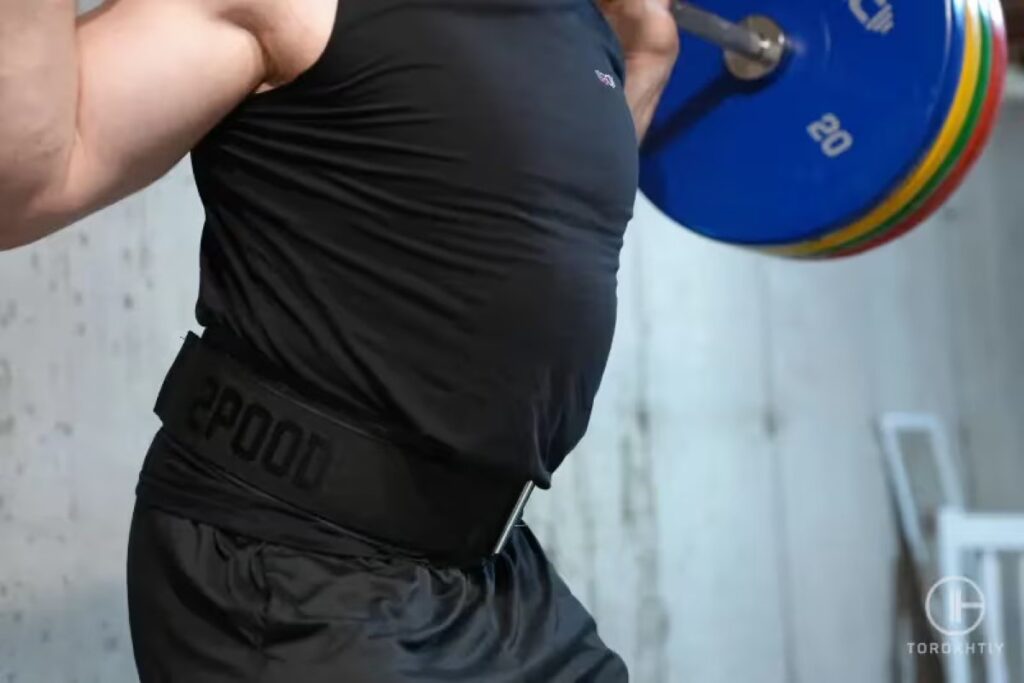
2. Spine Safety
Again, intra-abdominal pressure takes quite a bit of stress away from your spine. It is a significant benefit if you care about your back but still can’t help throwing another couple of plates on your bar.
In fact, a lifting belt stabilizes your spine, making it firmly fixed in a neutral position. It also allows you to control your back and posture more precisely. In a nutshell, it doesn’t let your spinal disks move away while going heavy.
Some athletes may argue that wearing a belt numbs your feeling of the proper back position. It may be the case if you start using the belt too early or get carried away, putting it on for nearly every set. Therefore, you better build your muscles and pure strength at least for several months without any accessories. Also, I don’t recommend reaching out for a belt up to 70% load to train your own muscle control and stability.
3. Proper Technique
Proper technique is always essential, but it can sometimes be hard to maintain it while holding twice your weight in your hands. In this case, a lifting belt improves mechanics and helps to stick to all the requirements.
But again, remember that before using a belt for this purpose, you should hone your technique nearly to the perfect state within working sets. Relying on any accessory to hide your serious mistakes won’t work anyway.
4. Relieving Pain
As for this benefit, you must be very careful. If you have pain in your back and no idea why it bugs you, make an appointment with the doctor immediately.
Still, if you have had some injuries in the past but are 100% sure that you can lift and use a belt for it, you might find it really helpful. Nevertheless, always ask a doctor about it because not all previous issues allow you to get back to heavy weights again.
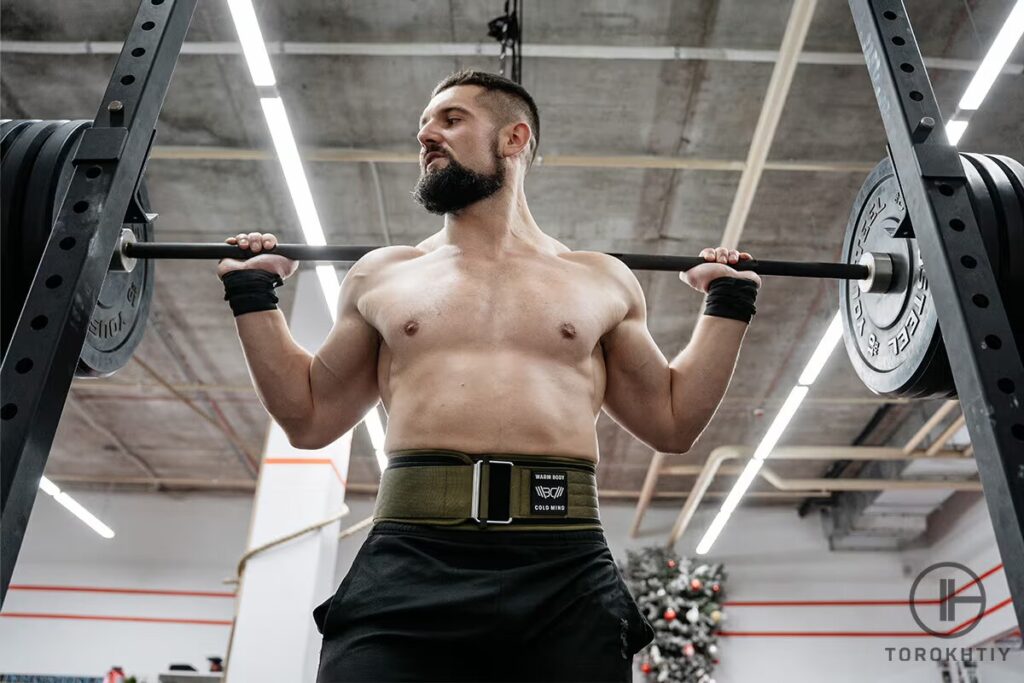
4 Tips on How to Wear a Weightlifting Belt in Functional Fitness
Looking at a lifter putting on a belt might seem as straightforward as it gets, but there is more than meets the eye. Here are four crucial tips to give you an idea of what exactly is going on there.
1. When Do You Want To Wear A Belt?
Weightlifting belts were never designed to be worn during the entire workout session. Instead, they should be worn only during heavy and compound lifts that put enormous stress on the lower back — such as squats, deadlifts, and overhead presses. You don’t want to wear a lifting belt unless the lift is challenging, or you feel that you need the extra support. Also, if you’re doing exercises where a wide range of motion is critical, and the belt's thickness and width are impairing you, consider removing the belt.
Tips From the Champ
When choosing a nylon weightlifting belt, your top priority should be its overall construction and fit. The belt should be sturdy, and the material should feel robust. If it has extra stitching, that will only increase the product's longevity, as well as ensure it doesn’t lose its form. You don’t want to compromise on fit, so look for weightlifting belts that have a higher range of sizes. You want a size that is suitable for your body size. Not bigger, and not smaller. Also, look for a good secure adjustment system. If possible — avoid Velcro-only tightening.
Olympic Weightlifting Champion
2. Breathing
Simply wearing the belt and disregarding your breathing will do the trick, but you’re missing on unrequited potential. If you use a proper breathing technique, where you take in a deep breath before the actual lift, hold the breath, and then brace your core against the belt as you perform the lift — you’ll inevitably help create intra-abdominal pressure that helps protect the spine during lifts. This technique is known as the “Valsalva maneuver”.
3. Belt Positioning
Knowing where to position the belt is probably the first thing one should learn. This position might vary depending on each and every individual body structure and specific exercise. The belt should sit around your natural waistline (above the top of the hips, and below the rib cage).
4. Tightness
The belt should always feel snug but not too tight (you don’t want your breathing compromised). Be careful that the lifting belt is not too loose as it will not provide enough support to do its job properly and might even lead you into a false sense of security and thus lead to potential injury.
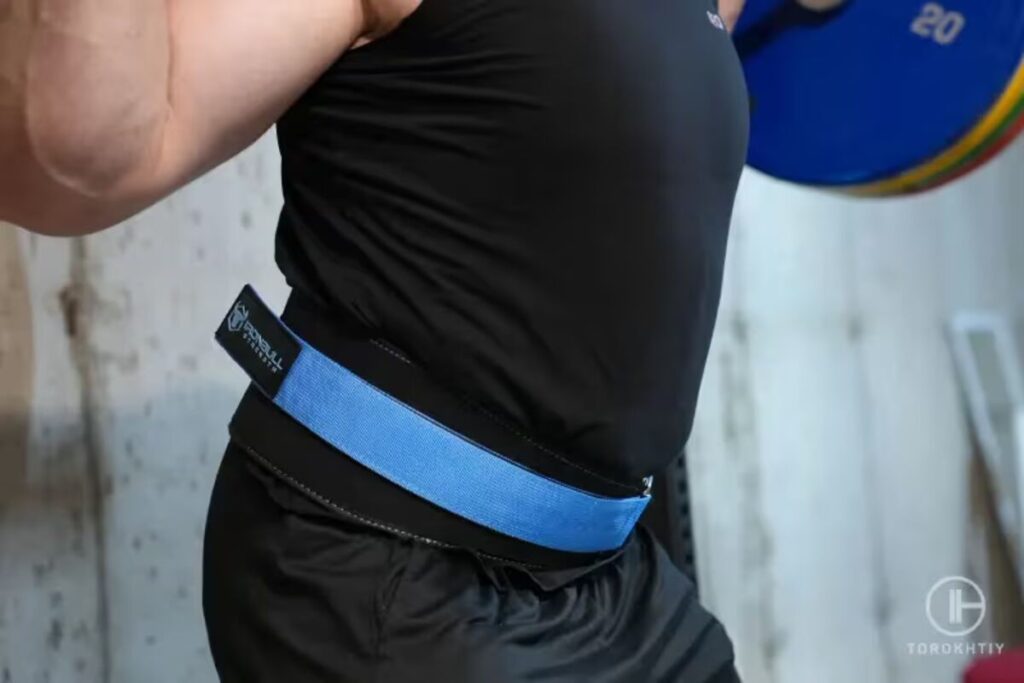
What to Look for in a Functional Fitness Lifting Belt?
If you want to chose the best functional fitness belt, pay attention to the following features.
1. Material
There are two basic materials used for lifting belts: leather and nylon. The first one is more known among brutal heavy lifters or ‘oldies’. It gives stronger support and fixes everything in place for the most extreme weights in the deadlift or squats.
A nylon option is softer and more comfortable as well. It keeps you flexible and mobile for more versatile exercises while keeping your spine in a neutral position, too.
As for functional fitness athletes, I recommend using a nylon belt. It is more suitable and convenient for such workouts. Moreover, there is no need for a leather belt if you don’t work with the most extreme weights.
2. Width
You should be really attentive while choosing the width of your future belt. Remember that the International Weightlifting Federation does not allow belts wider than 4”. If you are going to compete in any sports, always check the rules beforehand – they might be quite strict.
Still, if you exercise just for pleasure, you may want to try out a wider belt since it gives stronger support due to a larger coverage.
3. Thickness
The thicker your belt is, the more support you will get. Think about your training routine and decide whether you need a maximum strength boost or just moderate support to stabilize your core.
4. Sizing
Picking the right size is not that difficult in case of a nylon belt. You should just measure your waist and decide according to the table in the product description.
Still, if you are a girl with a thin waist, it may be quite a challenge to find a high-quality lifting belt of the proper size. Some brands start their measures from 23”, but others target larger athletes. Just pay attention to the table, don’t pick a size right away – its name may be quite deceiving.
The same works for massive athletes with quite impressive trunks. Not all brands offer appropriate options.
But, generally, all belts can be regulated to reach the desired tightness. If you are in two minds – pick a smaller size.
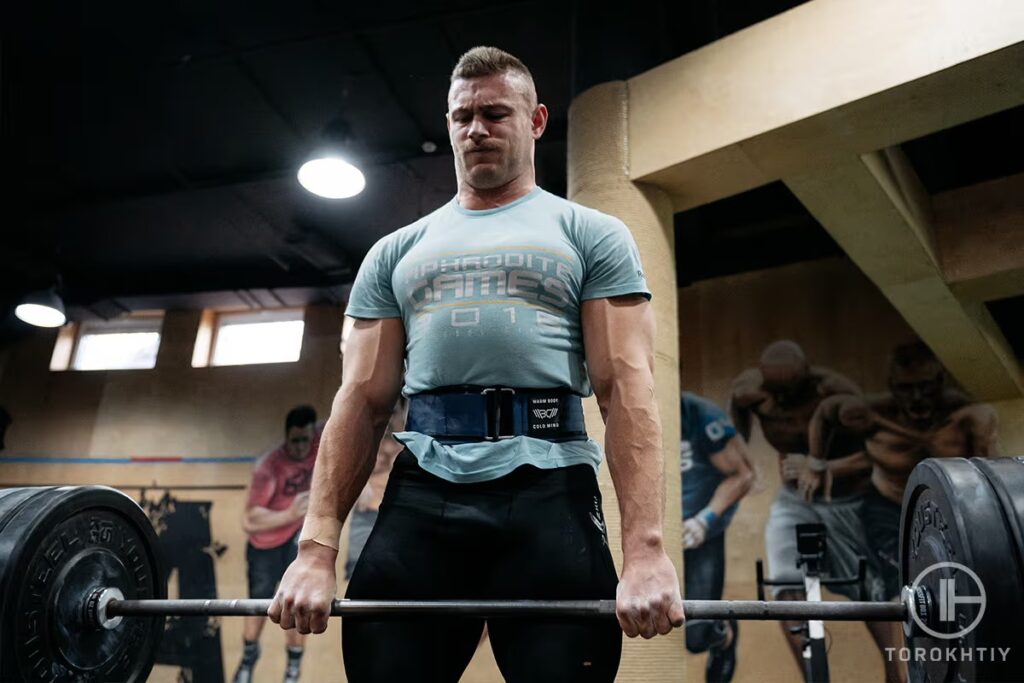
Injury Prevention and Weightlifting Belts in Functional Fitness
The purpose of a weightlifting belt is primarily to increase intra-abdominal pressure when it is securely and snuggly fastened around one’s midsection. The increased pressure creates a supportive brace for the spine, establishing a robust core and will allow lifters to generate more force.
The stability that lifting belts give is a safeguard against potential injuries that can occur because of poor form or exertion during heavier lifts. Lifting belts also serve as a constraint reminder to the athlete to uphold proper form, which is a crystal part of the lifter’s technique.
Functional fitness workouts often encompass high-intensity interval training (HIIT), Olympic lifting, powerlifting, and other challenges.
Weightlifting belts that offer ample support and enhance performance, as well as reduce the risk of injury, will quickly prove their place as a trusted companion to any weightlifter.
FAQ
When Should You Wear A Weightlifting Belt In Functional Fitness?
Wear a weightlifting belt for functional fitness only for the heaviest sets or in case of working for high reps with a significant weight. Don’t use it for moderate workouts or exercises that don’t stress your back. Start putting it on for 70% and higher loads when you need maximum back control. You can also use it to cease back pain after some injuries if your doctor allows you to do that.
Is Nylon Or Leather Belt Better For Functional Fitness?
A nylon belt is more suitable for functional fitness. It is softer and more versatile compared to a leather belt. Functional fitnessdemands you to be flexible and mobile to perform all kinds of exercises whereas a leather belt can limit these qualities because of being quite rigid.
My Verdict
All in all, if you want to make a long-term investment and get a first-class product, stop at the first product on my list – the Warm Body Cold Mind weightlifting belt. It wins in all terms and will be a reliable belt for ages.
While the WBCM belt wins overall, the Rogue Weightlifting belt offers premium features and premium quality if you don’t mind spending the extra buck (if only it had internal cushioning…)
If you like to spend your savings on interesting accessories regularly, you can try out Gymreapers or Element 26 with catchy designs. And if you are extremely careful with accessories and want the strongest support, go for 2POOD.
Are you in the belt-haters or belt-lovers camp? Share your thoughts in the comment section!
Also read:
- Using Belt for Bench Press
- What Do Belts Do for Deadlifts
- Best Weighted Dip Belt
- Best Lever Powerlifting Belt
- Best XXL Weight Lifting Belts
- Benefits of Weightlifting Belt
- Dark Iron Fitness Belt Review
- Best Weightlifting Belt
References:
1. E A Harman, "Effects of a belt on intra-abdominal pressure during weight lifting" NCBI, https://pubmed.ncbi.nlm.nih.gov/2709981/ (21(2):186-9).
2. Stephanie Lee and Beth Skwarecki, "When Do You Need a Weightlifting Belt?" Lifehacker, https://lifehacker.com/when-weightlifting-belts-are-necessary-and-when-theyre-1766557417 (PublishedJune 4, 2021)
3. Gregory J. Renfro, "A Review of the Use of Lifting Belts" ResearchGate, https://www.researchgate.net/publication/232184433 (February 2006)
4. Shirley S.M. Fong, "The influence of weightlifting belts and wrist straps on deadlift kinematics, time to complete a deadlift and rating of perceived exertion in male recreational weightlifters" NCBI, https://www.ncbi.nlm.nih.gov/pmc/articles/PMC9282110/ (2022 Feb 18; 101(7): e28918).
5. Cheryl R. Reddell, "An evaluation of a weightlifting belt and back injury prevention training class for airline baggage handlers" Semanticscholar, https://bit.ly/49f1Ogg, (1 October 1992)
Why Trust Us?
With over 20 years in Olympic Weightlifting, our team does its best to provide the audience with ultimate support and meet the needs and requirements of advanced athletes and professional lifters, as well as people who strive to open new opportunities and develop their physical capabilities with us.
All products we select are primarily approved and tested by the Olympic Weightlifting Champion Oleksii Torokhtiy. Under his guidance, we provide honest and reasonable assessments of the products we review by checking their characteristics, packaging, design, comfort and durability features, and general product rating. We select products from only high-quality and trusted sports brands, thus vouching for their quality.
The product testing process is described in more detail here
Author: Oleksiy Torokhtiy
Olympic Weightlifting Champion
Best Results: Snatch – 200 kg,
C&J – 240 kg
Oleksiy Torokhtiy is a professional athlete boasting 20 years of experience in Olympic weightlifting. With multiple European and World titles under his belt, he has showcased his prowess in two Olympic Games (Beijing 2008 and London 2012). Upon concluding his illustrious career, Oleksiy dedicated himself to coaching. By 2022, he had conducted over 200 weightlifting seminars worldwide. He is the visionary behind an international sportswear and accessories brand known for its motto, “Warm Body Cold Mind.” Additionally, he is an esteemed author and the creator of a series of training programs and eBooks.
Reviewed by: Sergii Putsov
Head of Sport Science, PhD
Best Results: Snatch – 165 kg,
C&J – 200 kg
Sergii Putsov, Ph.D., is a former professional weightlifter and National team member, achieving multiple medals in the 94 kg weight category at national competitions. With a Master’s degree in “Olympic & Professional Sport Training” and a Sport Science Ph.D. from the International Olympic Academy, Greece, Sergii now leads as the Head of Sport Science. He specializes in designing training programs, writing insightful blog articles, providing live commentary at international weightlifting events, and conducting educational seminars worldwide alongside Olympic weightlifting expert Oleksiy Torokhtiy.
If you have any questions/suggestions/any other inquiries considering product reviews, you can reach out to us via email – [email protected]

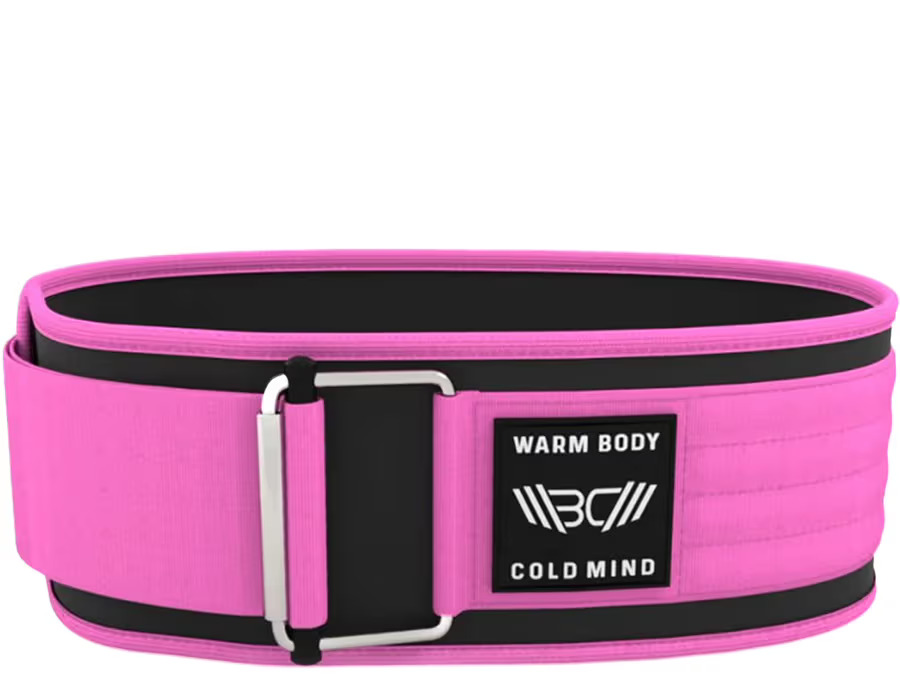
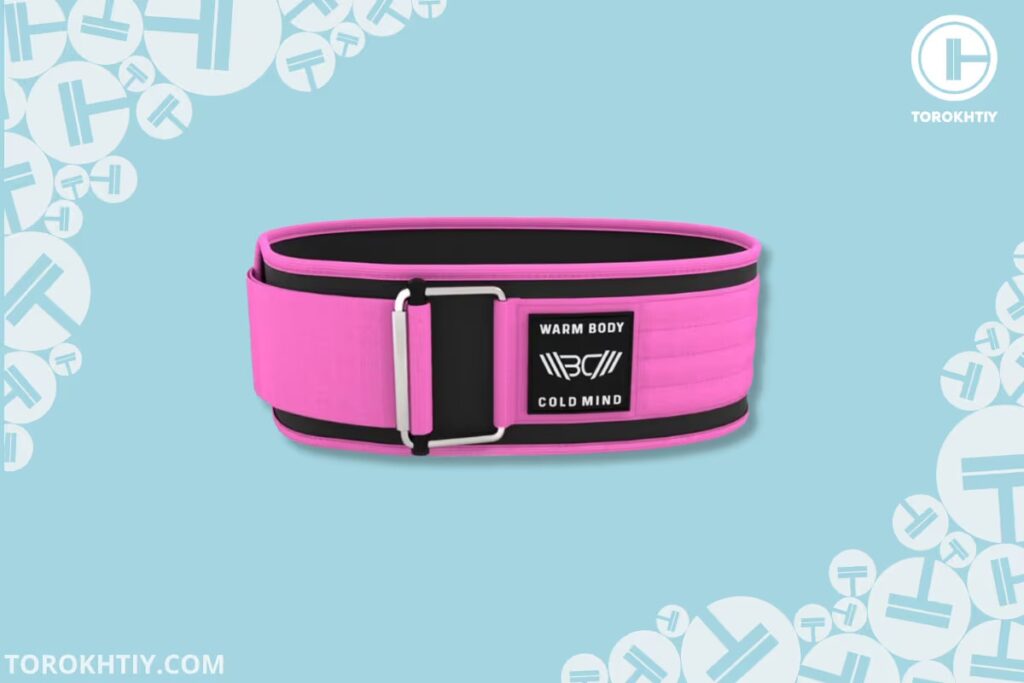
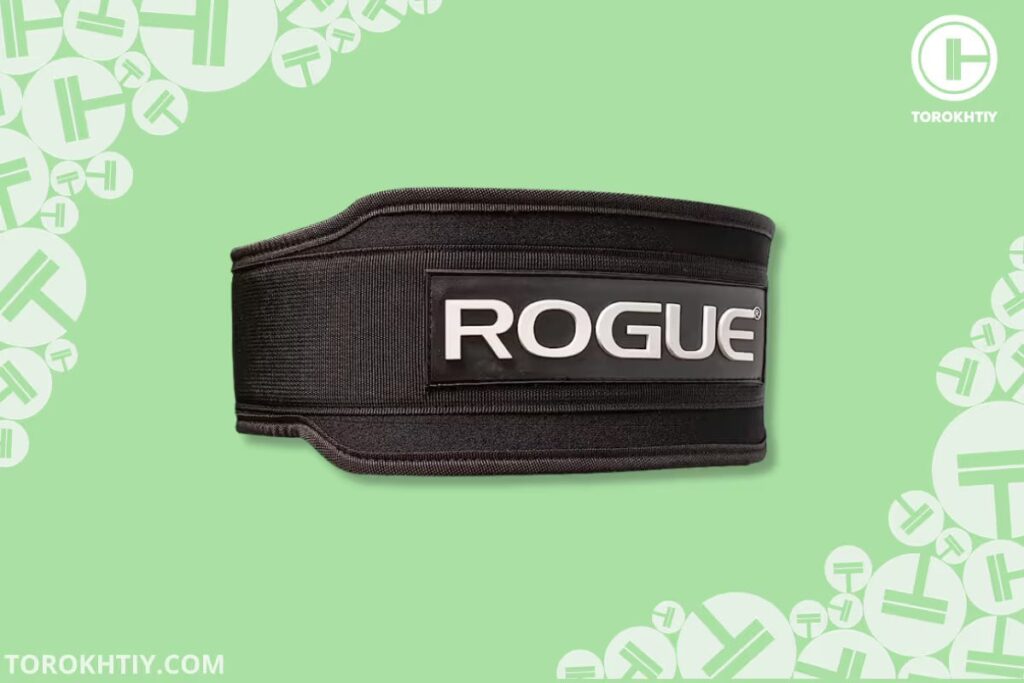
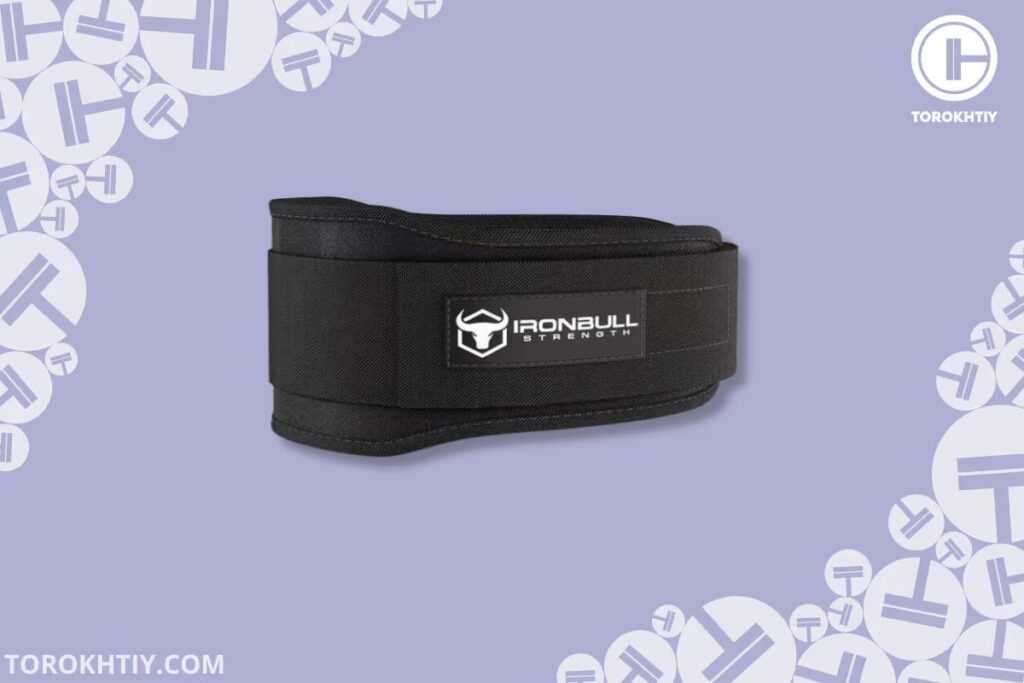
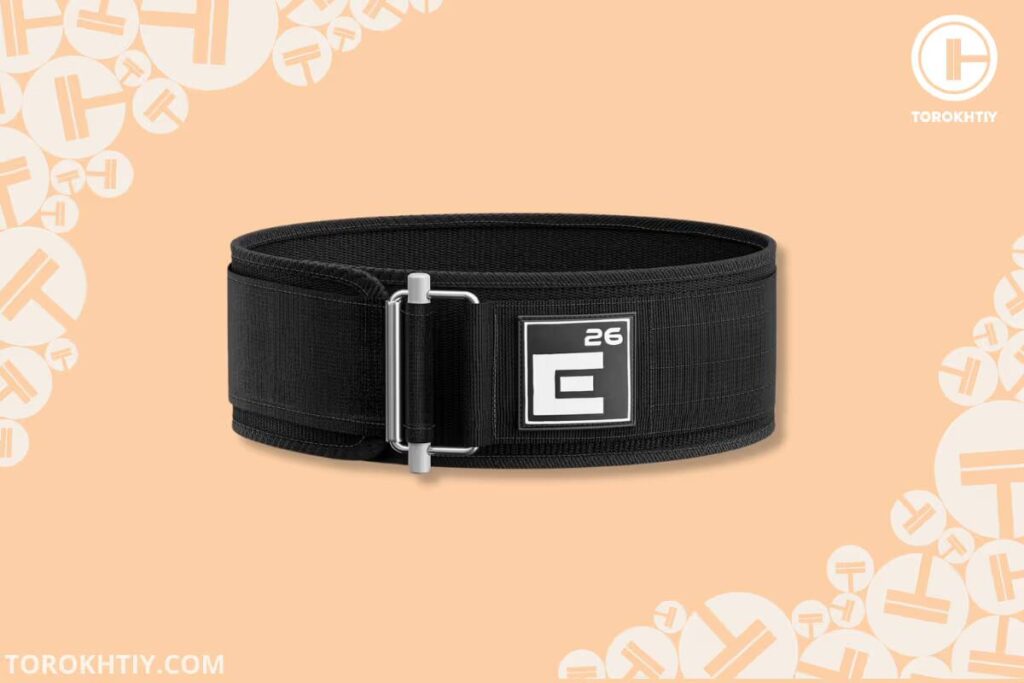
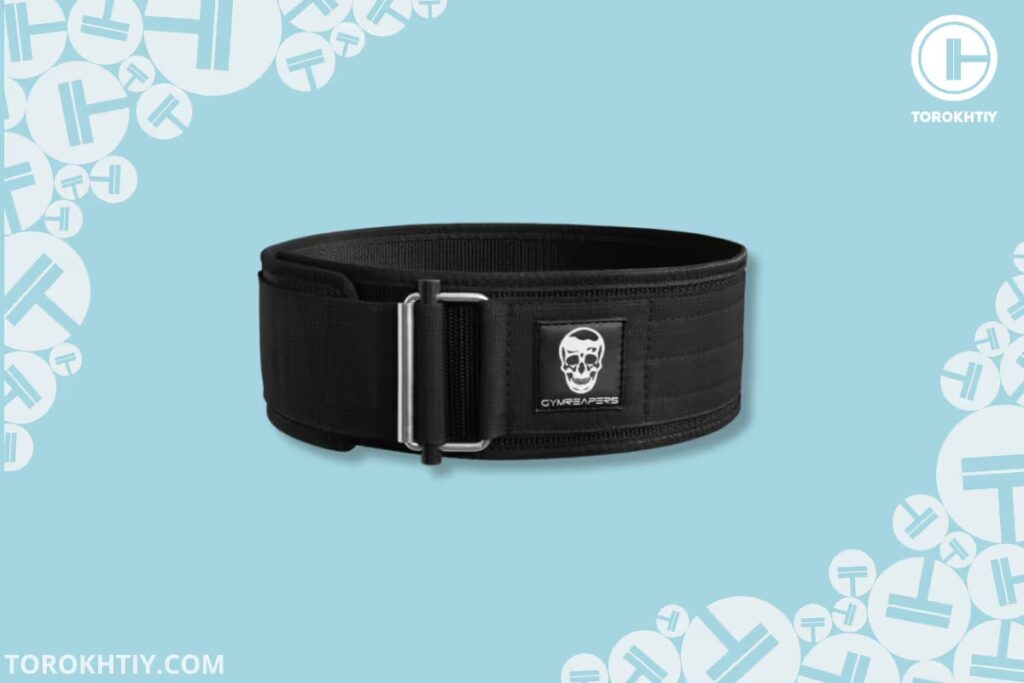
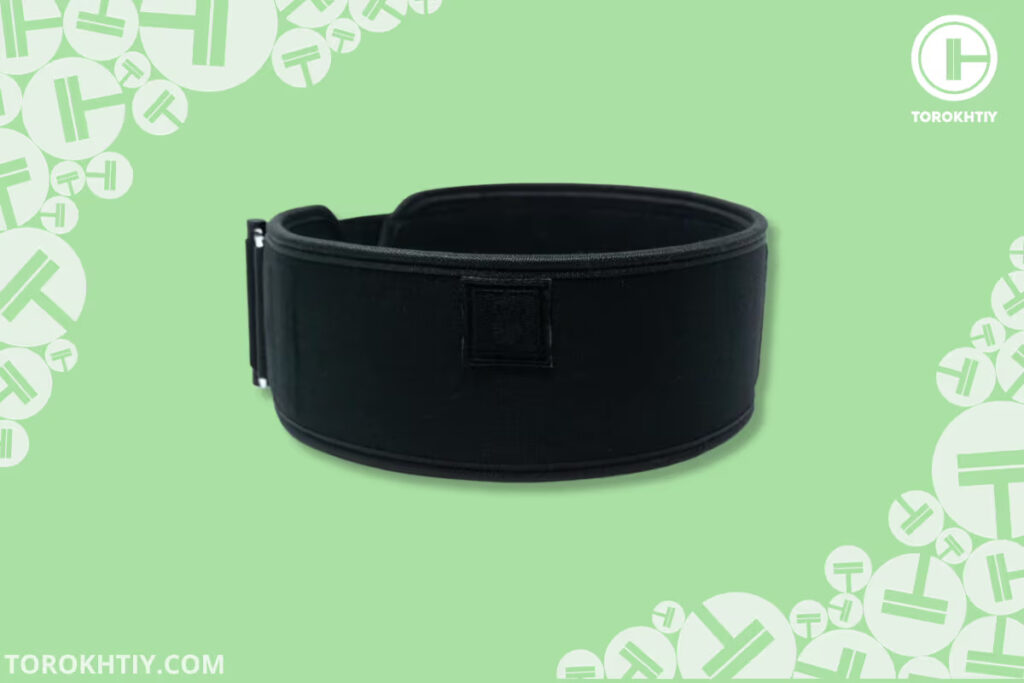
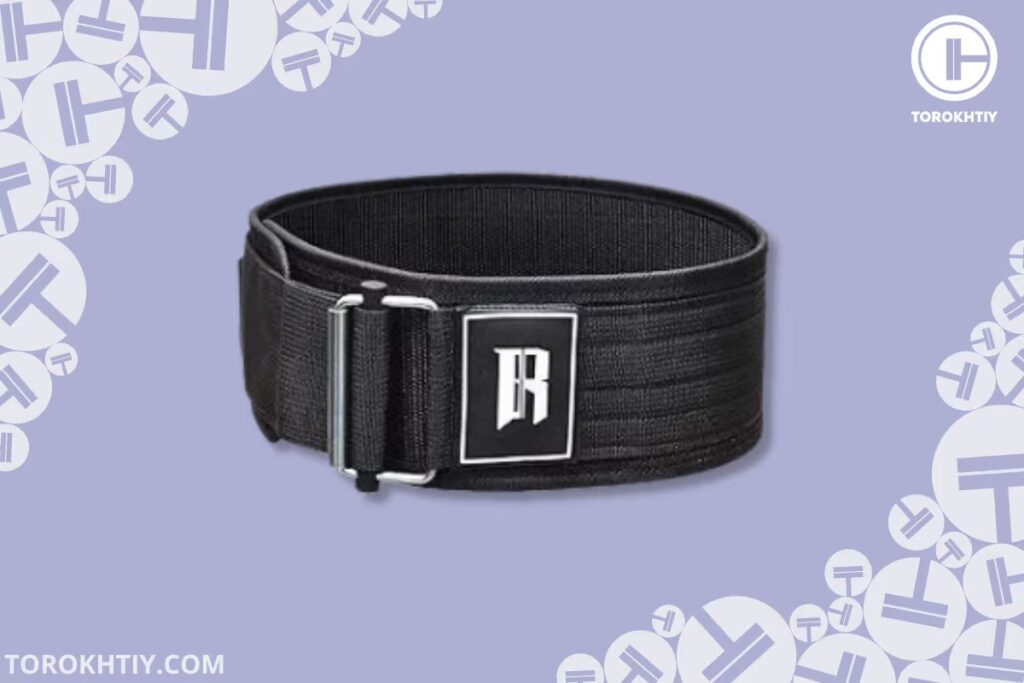
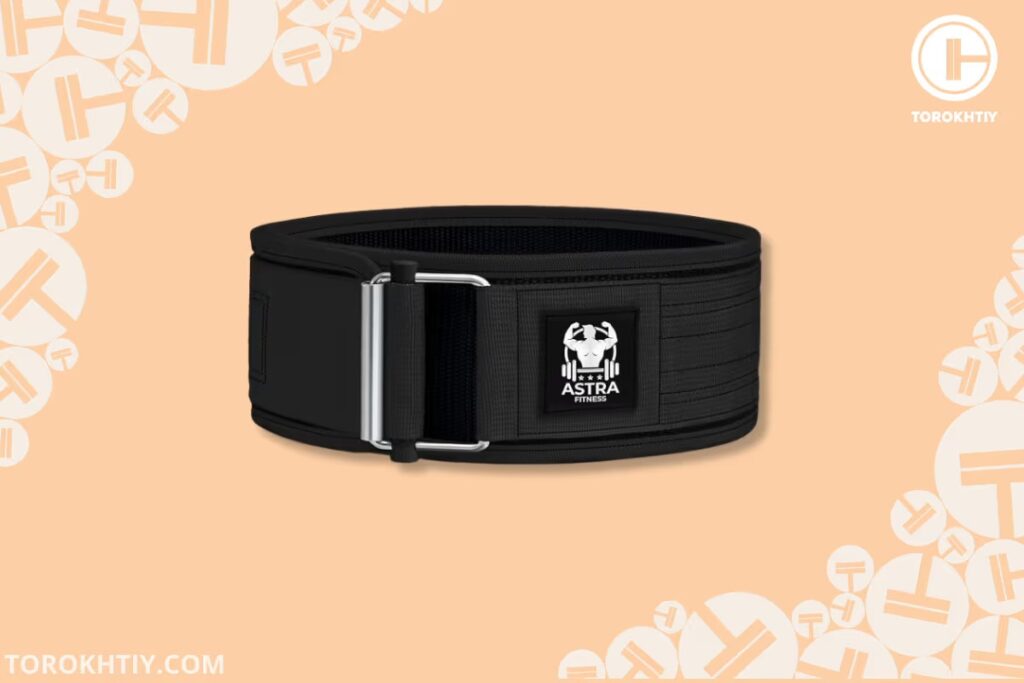
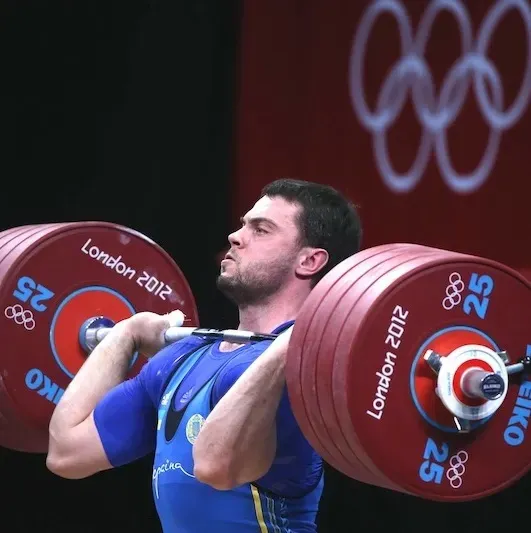

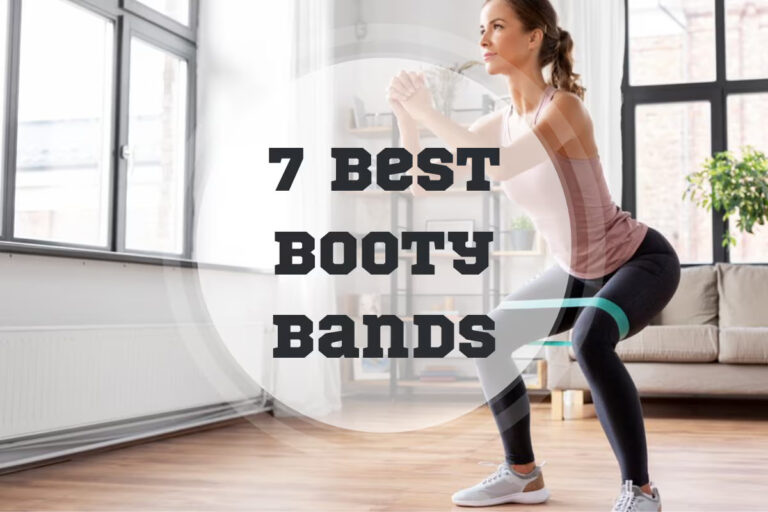
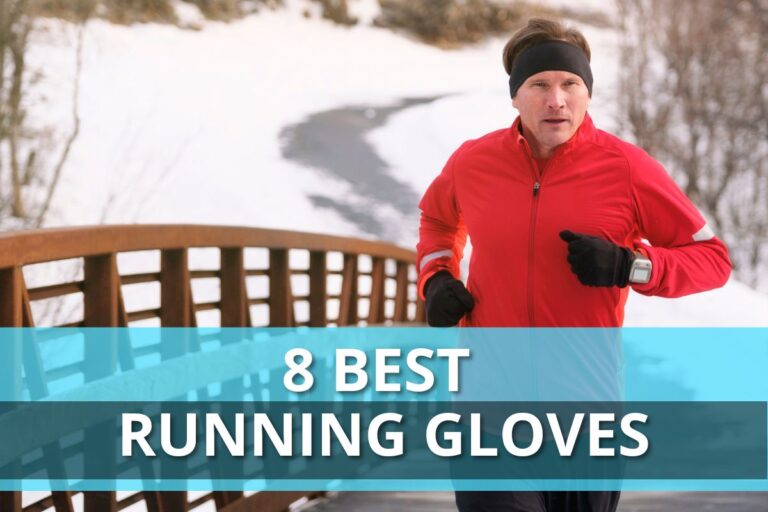
![4 Best Resistance Band Handles in [Year]](https://torwod.com/wp-content/uploads/2024/02/best-resistance-band-handles-1-768x512.jpg)
